Most tribal tracts in Indian states are parts of larger regions and because of difficult hilly terrain and lack of fertile soil in many areas, tribal belts receive marginal attention for development through various kinds of inputs. Communication becomes the first casualty in tribal areas, since the cost of inputs for this purpose is very heavy in relation to returns of development. Secondly, except forestry and horticulture, the scope of agricultural development is limited in the hilly areas. On the other hand, the scope of manpower development is considerably high. With basic education in reading and writing, tribal can be helped to set up skill-based cottage and other processing and manufacturing industries. The other most important strategy of manpower planning is to introduce equity an fair-play for educated and skilled tribal through the policy of reservations of seats in democratic institutions and jobs in state sponsored and managed organizations of all kinds. From this backdrop it can be stated that proper planning for tribal development is must keeping in view of their actual felt needs. Al these issues have discussed in detail in the present work.
Tribal Development and Planning (In 2 Volumes)
by Arvind Kumar
$135.00
$150.00
In stock
Free & Quick Delivery Worldwide
All orders amounting to US$ 50 or more qualify for Free Delivery Worldwide. For orders less than US$ 50, we offer Standard Delivery at $14 per book.
ABOUT THE AUTHOR Arvind Kumar
Dr. Arvind Kumar (b. 23-03-1953), University Professor, Department of Zoology, S.K. University, Dumka has 24 years' experience as an outstanding teacher and researcher. He is a recipient of National Merit Scholarship all through his college and university years and got meritorial fellowship of CSIR, New Delhi. He has been awarded Professor W.A. Nizami Gold Medal by the Zoological Society of India in 2000during 11th annual Congress. He did his M. Sc. In Zoology in 1976 and Ph.D. in 1982 on Eco-Physiology of Aquatic Insect from Bhagalpur University. He has done pioneering work in the field of limnology, aquatic insect ecology, biodiversity, conservation and tribal ecology. Dr. Kumar has successfully guided more than 11 research scholars for Ph.D. and got more than 205 research articles and reviews published in reputed national and international journals. He has authored/ edited more than 15 books and is also on the Editorial Board of more than a dozen esteemed national and international journal. Dr Kumar is a fellow, life-member and member of number of organizations and is also working as office bearer of some of them. Dr. Kumar has charied a number of sessions of different seminars/ symposia. He was also made convener of the National Symposium organized by S.K. University in 1998. He has been invited to different Universities, such as, University of Madras, Chennai, Dr. R.M.L. Avadh University, Faizabad, etc. to deliver lectures' on different topics of Environmental Sciences. Presently, Dr. Kumar is the Charman of Board of Environment Impact Assessment & Ecoplanning, Jharkhand, President of Tribal Ecoconservation Society ad Secretary General of Society of Environmental Sciences. He is also the Chief Editor of Journal of Current Sciences and the Editor of Indian Journal of Environment and Ecoplanning. Professor Kumar has visited Switzerland, France, Germany, Italy & Vienna in 2005 and China, Japan & Singapore in 2006 in order to deliver lectures during international symposia. He is a fellow, life member and member of number of organizations and is also working as office organizations and is also working as office bearer of some of them. Dr. Kumar has chaired a number of sessions of different seminars/symposia in India and abroad. He has been editing there international scientific journals at a time regularly since more than fifteen years and is Editor-in-Chief of The Ekologia , Chief Editor of Journal of Current Sciences & Editor of Indian Journal of Environment and Ecoplanning. Dr. Kumar is also the hon'ble member, Jharkhand State Pollution Control Board, Ranchi.
reviews
0 in total
Review by Anonymous
Be the first to review “Tribal Development and Planning (In 2 Volumes)” Cancel reply
You must be logged in to post a review.
Bibliographic information
Title
Tribal Development and Planning (In 2 Volumes)
Author
Edition
1st ed.
Publisher
ISBN
8126119667
Length
xiv+409p., Tables; Plates; 26cm.
Subjects
more by Arvind Kumar see more
History of Zawar: Temple Architecture and Zinc Smelting
The world 'Zawar' is derived ...
$31.50
$35.00
similar bookssee more
Social Justice and the Politics of Reservation in India: The Post-Mandal Phase
This book makes an objective ...
$49.50
$55.00

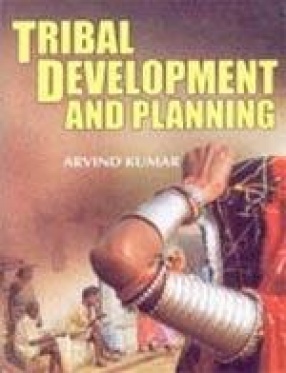
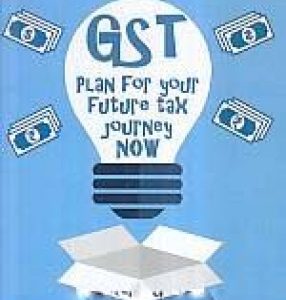
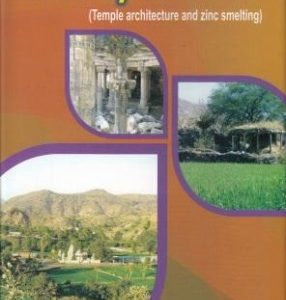
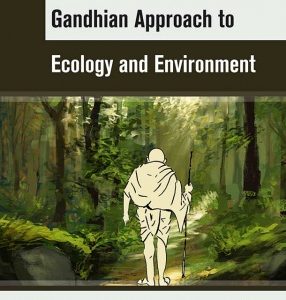

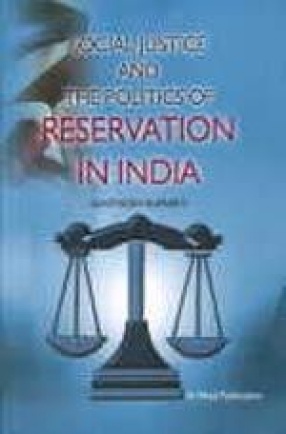
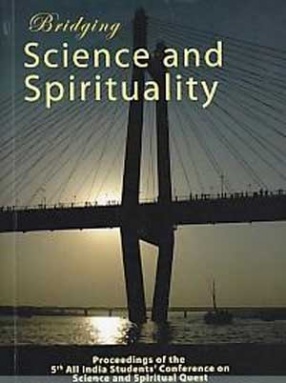
There are no reviews yet.